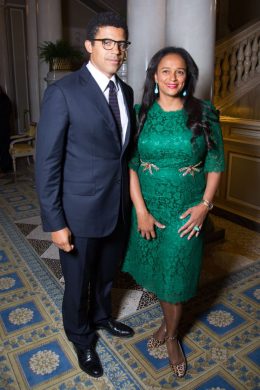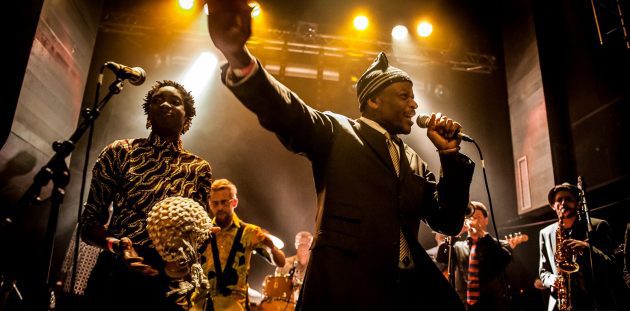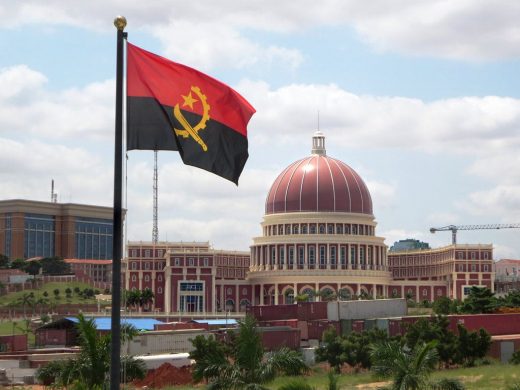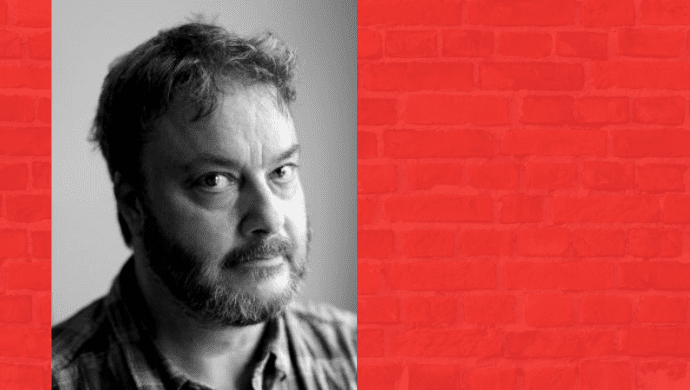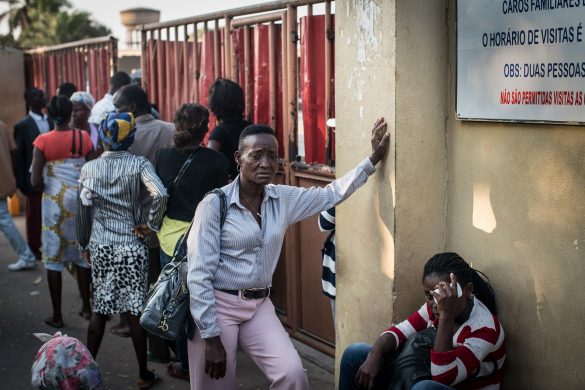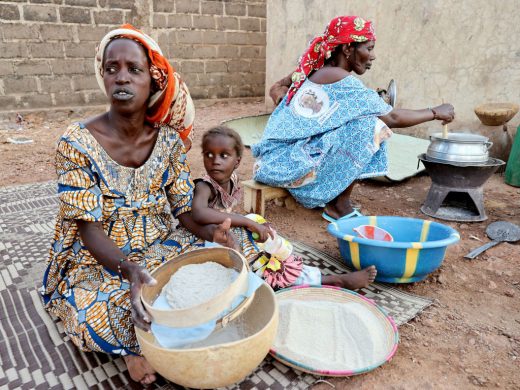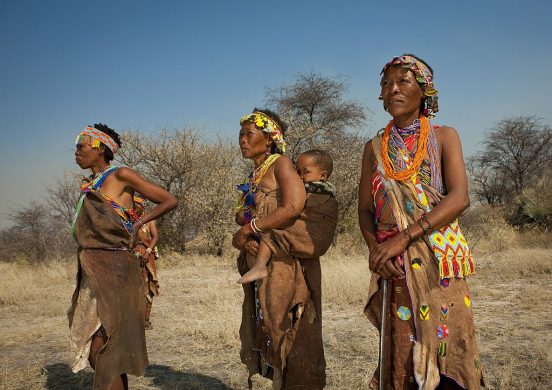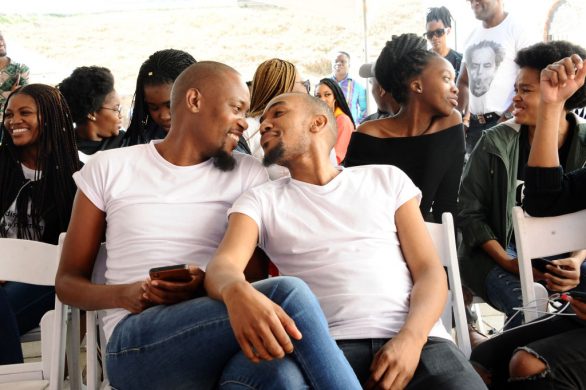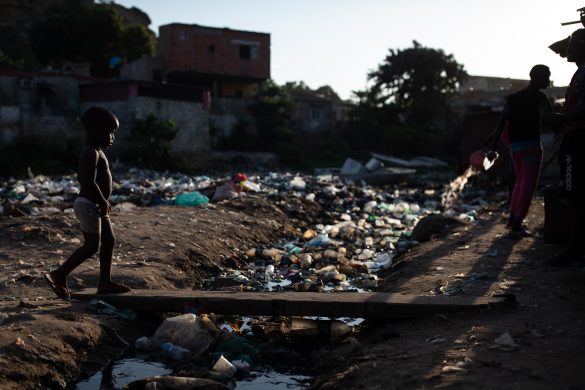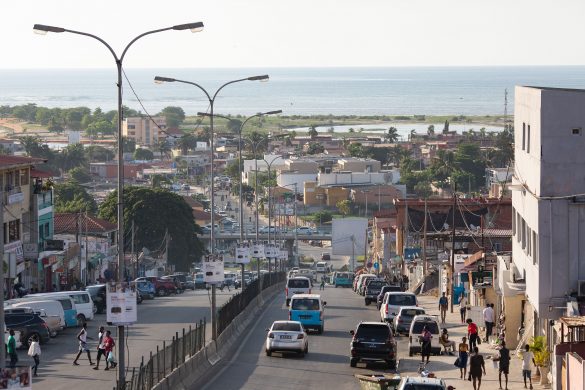22 March, 2017 (Global Voices): Hundreds of women protested in Luanda against a new penal code, which calls for a total prohibition of abortion in Angola–even in cases of rape–and proposes up to ten years in prison for women who have abortions.
If this version of the new code is approved, Angola would join the only six countries in the world which currently ban abortion in all cases: Malta, Vatican, Dominican Republic, Nicaragua, El Salvador and Chile. In contrast, Mozambique revised its laws and made abortion legal on request, in 2014, joining Cape Verde, South Africa and Tunisia as the only countries in Africa with no restrictions on abortion.
The protest was organized on social media after the National Assembly approved a preliminary version of the code to replace an already restrictive abortion law in place since 1886.
Den katolske kirke støtter forslaget
Outside parliament, one of the strongest proponents of the new legislation is the Catholic Church. The spokesperson of the Episcopal Conference of Angola and São Tomé (CEAST), José Manuel Imbamba, stated that “life must be defended at any stage”.
The old abortion law, a, legacy from Portuguese colonial rule, already prohibited the optional interruption of pregnancy, but left exceptions in cases of rape, malformation of the foetus, or when the mother’s life was in danger. The current version of the new penal code prohibits abortion entirely, and proposes four to ten years in prison for women who have abortions, in contrast to the old sentences of two to eight years.
The final vote could happen at the next parliamentary plenary session on March 23, even though some parliamentary members, following the protests, have requested a postponement.
Protestmarch
Carrying banners with the slogans “No coffin, no prison: I am free!” and “Criminalizing kills”, protestors walked in the early afternoon from Santana cemetery to the Largo das Heroínas, in the central region of Luanda.
The collective Ondjango Feminista helped organize the march and posted various videos on Facebook during the protest.
(se videoerne i den oprindelige artikel på Global Voices)
The subject generated innumerable reactions on social media over the week, including that of Isabel dos Santos, the Angolan president’s daughter.
On Instagram she posted a message from the lawyer Ana Paula Godinho, one of the march’s organizers:
"Dear Angolan women, today is a day of sadness for me. I ask you to look at what was approved in the Assembly of the Republic on the subject of abortion in the new penal code. Before making any comments, I am making an appeal to all the deputies, in government and in opposition. Look with your eyes at what was approved. Remember that the Penal Code of 1886 was more favourable to women, especially in cases of rape and of malformation of the foetus (eugenic abortion). Now are we going backwards? Think hard, before the women have to take to the streets, as it happened there before, burning their bras. This time they will have to put on chastity belts.
If a woman is raped and becomes pregnant she is obliged to have the child, or if she interrupts the pregnancy she risks, at a minimum, being sentenced to five years in prison. In the end, she is violated twice: first by the rapist and then by the law. Women, deputies, we are throwing away many accomplishments. We are going back 200 years. I feel humiliated as a woman. I will come back to this topic, after the shock has passed. I wish everyone a good week. Best wishes"
The preliminary version is supported mostly by the ruling party, Movimento Popular de Libertação de Angola (MPLA), whose representatives all voted in favour of approving it. The opposition counted 36 abstentions and no vote against.
Zenaida Machado, a researcher with Human Right Watch for Angola and Mozambique, also discussed the march:
Godkend funktionelle cookies for at se tweets: AccepterAbortion march underway in Luanda. No reports of incidents. Police doing their job of protecting the march. pic.twitter.com/kmUE9ppnC3
— Zenaida Machado (@zenaidamz) 18. marts 2017
Stemmer imod
Aline Frazão, a singer and producer in Angola, made an appeal against the plans of the new penal code, highlighting that the state is secular and its laws cannot be made on the basis of a religion:
"Remember the basics: the state is secular. The laws are not made in accordance with the principles of this or that religion. In the same way that the rule of law must guarantee the freedom of religion, it must also protect the choices of those who are not religious. Especially when it comes to women’s rights, there is great confusion between biblical laws and laws of the state.
Worse still is when both the state and the Church think they are the owners of our bodies. You will be stunned when they turn their backs on us. It is obvious that if we do not march together we will never achieve equality and justice. If we do not raise our voice, no one will do it for us. It is time to shout.
#fortherighttoafreeandsafeabortion
#consciousvote2017"
Mauro Steinway, a young Mozambican artist, considered the Catholic Church’s support to be a “war against women”:
"In Angola, the Catholic Church is doing what it always does, using its influence on the minds of the Third World to push its Christian agenda and motherhood on the poor. A real war against women is being legalized. Men saying what women can do with their bodies.
The Catholic Church is the biggest promotor of compulsory motherhood for the poor. Rich women will leave the country or pay bribes for the health service to obtain an abortion, while the poor will die trying to get one."
A FEMAFRO, a Portuguese organization run by women to defend the rights of black African and African-descent women showed solidarity with the cause:
"Solidarity with the struggle of our Angolan partners of Ondjango Feminista, at this difficult moment where their government approves the criminalization of abortion in almost all cases. This decision is an attack on the human rights of women and will put the lives and the health of many at risk, especially the poorest."
#ForTheRightToAFreeAndSafeAbortion


